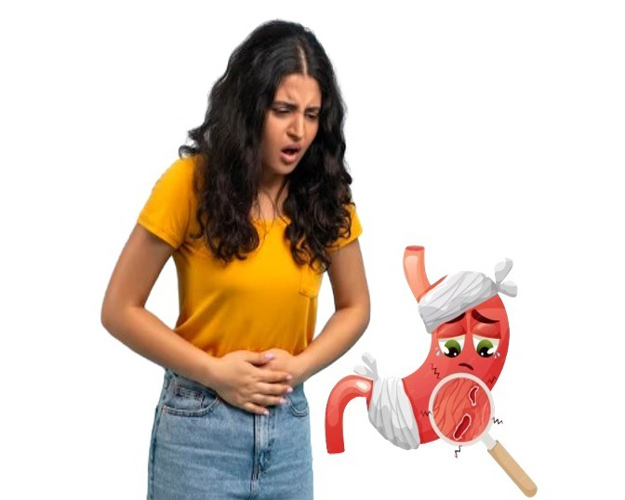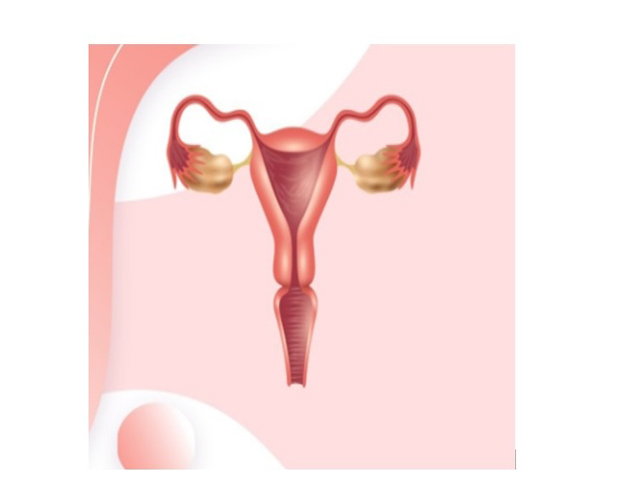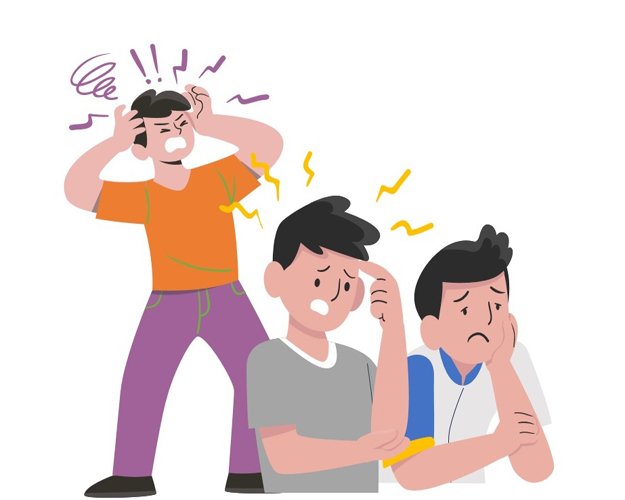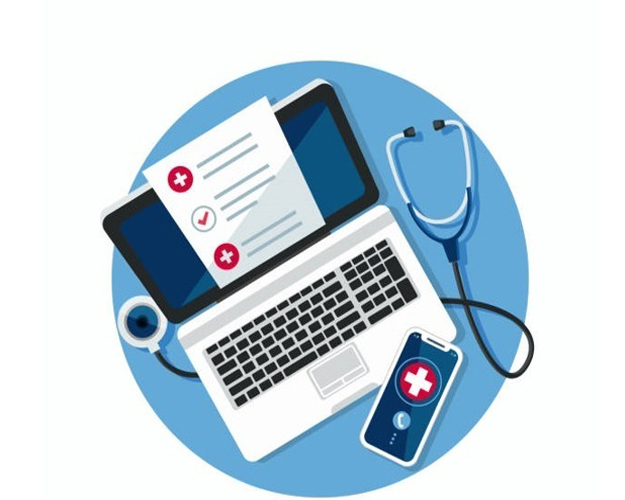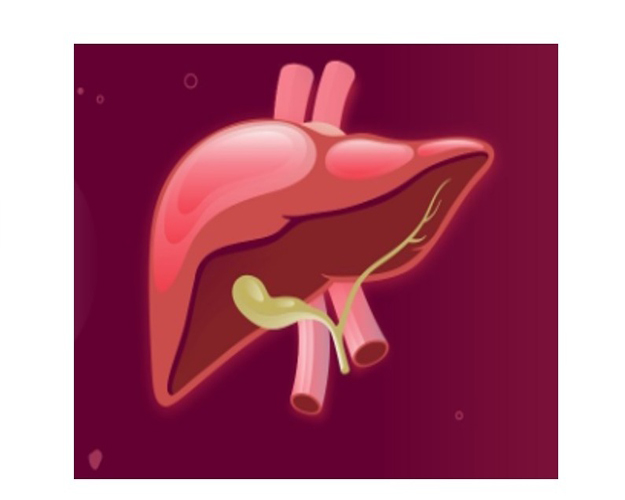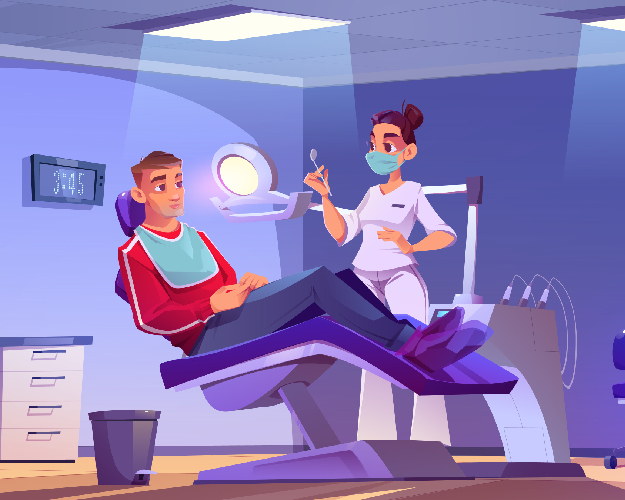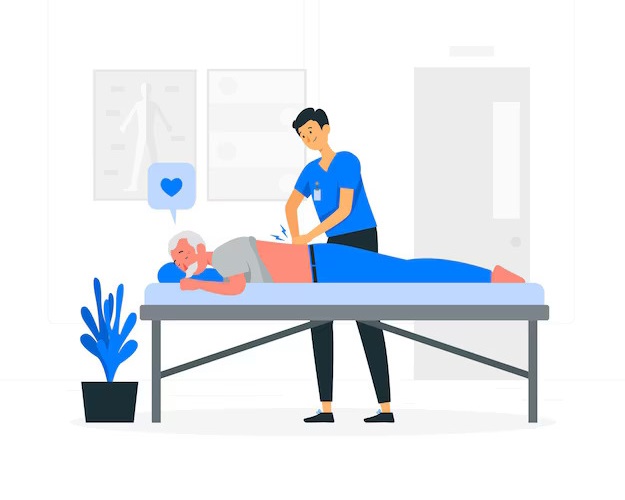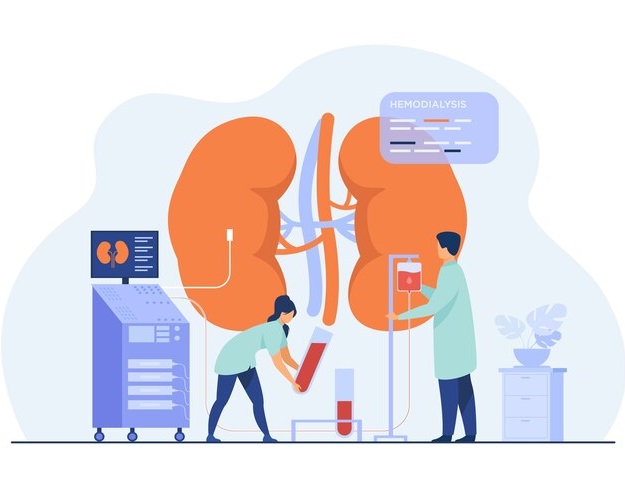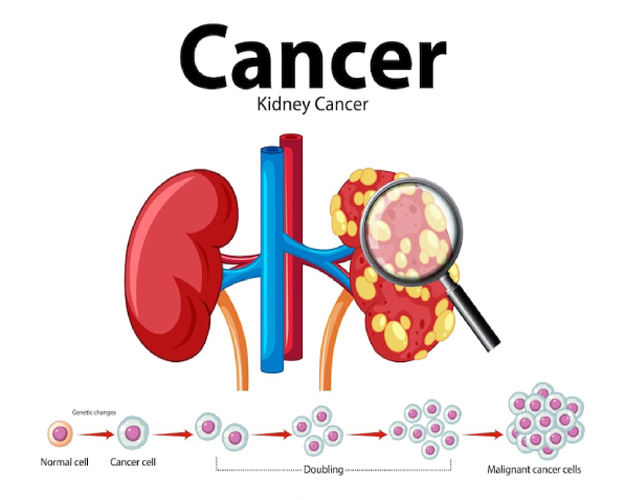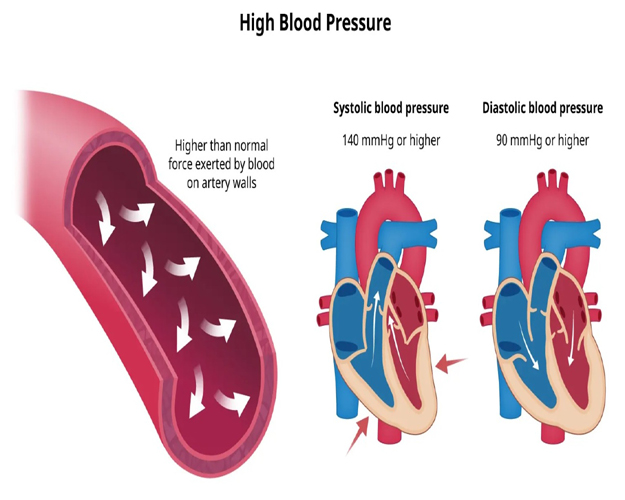
Hypertension: Causes, Cure, and Care – A Guide by ITM Hospital, Gwalior
What Do You Mean by Hypertension?
Hypertension is a condition where the force of blood against the artery walls is consistently too high. Blood pressure is measured using two numbers:.
- Systolic pressure: The pressure when the heart beats.
- Diastolic pressure: The pressure when the heart rests between beats.
A normal blood pressure reading is around 120/80 mm Hg. If your reading is 140/90 mm Hg or higher, you are considered hypertensive.
What Is the Hypertension?
In simpler terms, hypertension is when your heart has to work harder than normal to pump blood. This can strain the heart, damage blood vessels, and lead to other health issues over time.
There are two main types of hypertensions:
- Primary (essential) hypertension: Develops gradually over time with no identifiable cause.
- Secondary hypertension: Caused by an underlying condition such as kidney disease, hormonal disorders, or medication side effects.
Can Hypertension Be Cured?
This is one of the most frequently asked questions: Can hypertension be cured?
The answer depends on the type and cause of hypertension. For primary hypertension, there is no permanent "cure," but it can be effectively managed and controlled through lifestyle changes and medication. People with secondary hypertension may see improvement or even reversal if the underlying condition is treated. While "cure" may not always be possible, managing hypertension can significantly reduce the risk of complications and help you live a healthy, active life.
How to Cure Hypertension or Keep It Under Control?
If you're wondering how to cure hypertension, here are key steps that can help:1. Adopt a Healthy Diet:
- Reduce salt (sodium) intake: Excess salt increases blood pressure.
- Eat more fruits, vegetables, whole grains, and low-fat dairy products.
- Limit saturated fats and trans fats.
2. Exercise Regularly:
- Aim for at least 30 minutes of moderate physical activity on most days.
- Walking, cycling, swimming, or yoga are great options.
3. Maintain a Healthy Weight:
- Even a small weight loss can lower blood pressure if you're overweight.
4. Limit Alcohol and Quit Smoking:
- Excessive alcohol raises blood pressure.
- Smoking damages blood vessels and makes hypertension worse.
5. Manage Stress:
- Practice relaxation techniques like deep breathing, meditation, or progressive muscle relaxation.
6. Take Prescribed Medications:
- Your doctor may prescribe antihypertensive medications such as ACE inhibitors, beta-blockers, or diuretics.
- Do not skip or change your dose without medical advice.
- At ITM Hospital, Gwalior, our team of cardiologists and general physicians provides personalized treatment plans to manage and monitor blood pressure effectively.
Difference Between Hypertension and Hypotension
It's important to know the difference between hypertension and hypotension, as both involve abnormal blood pressure but have opposite effects:
| Aspect | Hypertension (High BP) | Hypotension (Low BP) |
|---|---|---|
| Definition | Blood pressure consistently above 140/90 mm Hg | Blood pressure consistently below 90/60 mm Hg |
| Causes | Obesity, stress, genetics, sedentary lifestyle | Dehydration, blood loss, medications, heart issues |
| Symptoms | Often none; sometimes headache, dizziness, blurred vision | Dizziness, fainting, blurred vision, fatigue |
| Risks | Heart attack, stroke, kidney damage | Shock, organ damage, falls/injuries |
| Treatment | Lifestyle changes, medication | Increased fluid intake, diet changes, treat underlying cause |
Final Thoughts: Take Charge of Your Heart Health
Hypertension is a serious condition, but with the right care and lifestyle, it can be managed effectively. If you experience symptoms like frequent headaches, dizziness, or if you have a family history of high blood pressure, don't wait—get your blood pressure checked today. At ITM Hospital, Gwalior, we offer comprehensive hypertension screening, diagnosis, and management. Our expert team ensures that every patient receives a tailored approach for long-term heart health.
